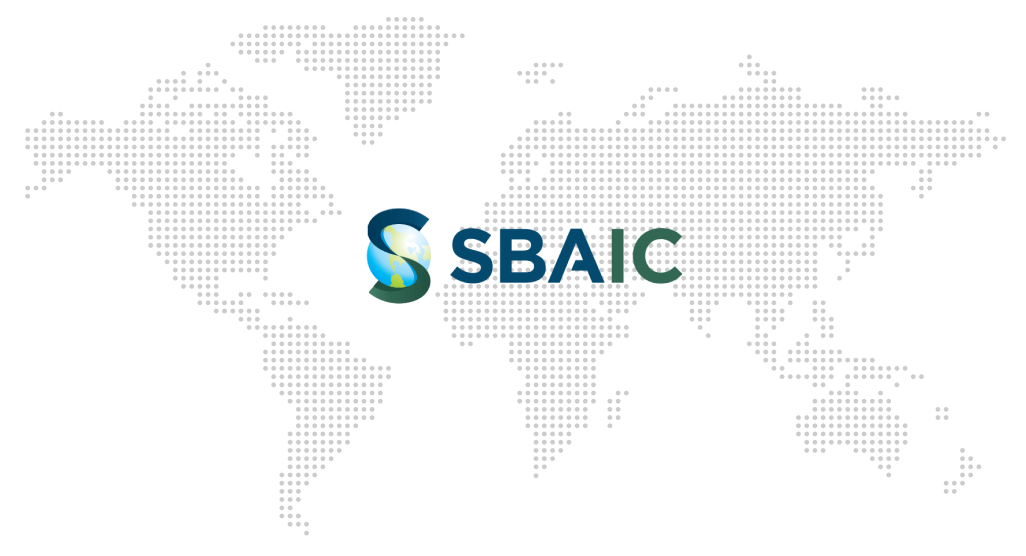Small Business Association for International Companies (SBAIC) is a membership organization established to promote the meaningful utilization of U.S. small businesses at U.S. government agencies providing foreign assistance, such as the: U.S. Agency for International Development (USAID), Millennium Challenge Corporation (MCC), Overseas Private Investment Corporation (OPIC), and the U.S. Departments of State, Defense, Health and Human Services and Agriculture.


